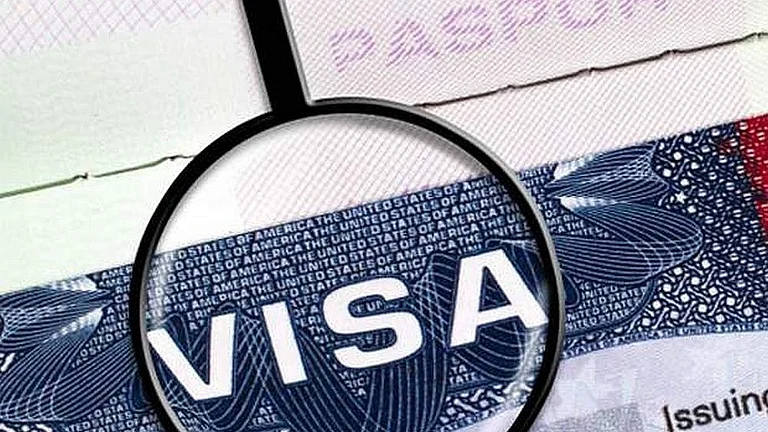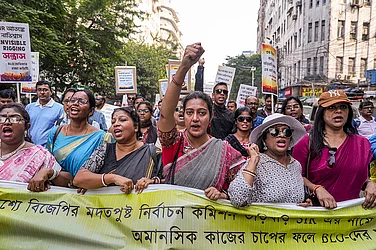The State Bank of India (SBI) is under pressure to meet the Supreme Court's deadline of revealing information about electoral bond buyers by the end of today, March 12. Following the dismissal of SBI's plea for an extension, the bank's management has instructed its transaction banking marketing department in Mumbai to expedite the process.
Chief Justice DY Chandrachud, leading the five-judge constitutional bench, denied SBI's request for additional time, emphasising that the required details must be disclosed by the close of business hours today. The court has also asked for an affidavit from SBI's CMD Dinesh Kumar Khara to confirm compliance, with potential contempt proceedings if the deadline is not met.
The court stated that matching names of bond buyers with political parties is unnecessary, emphasising the importance of disclosing information on purchasers, bond denominations, and redemptions promptly. Additionally, the Election Commission of India (ECI) has been directed to publish electoral bond details, including donor particulars and bond amounts, on its website by March 15.
SBI's senior advocate, Harish Salve, sought additional time, citing difficulties in correlating donor details with political bond information. However, CJI Chandrachud clarified that the court's directive was for disclosure, not a matching exercise.
Legal experts believe that the Supreme Court's order provides relief for the government. SBI is now tasked with providing two separate sets of details – the name of the purchaser and the bond denomination redeemed by political parties.
The background of the situation involves the Supreme Court's unanimous judgment on February 15, ending the controversial electoral bonds scheme. SBI was initially directed to provide bond details to the ECI by March 6, with the EC scheduled to publish this information on its website by March 13. SBI's failure to meet the initial deadline led to a plea for an extension until June 30, citing the complexity of decoding, compiling, and comparing information sets from two distinct silos.
The electoral bond scheme, introduced in the 2017 Union budget, allowed anonymous donations to political parties, sparking criticism for potentially violating citizens' right to know party funding. According to the Association of Democratic Reforms (ADR), a total of ₹16,518.11 crore was donated through electoral bonds between March 2018 and January 2024.


























